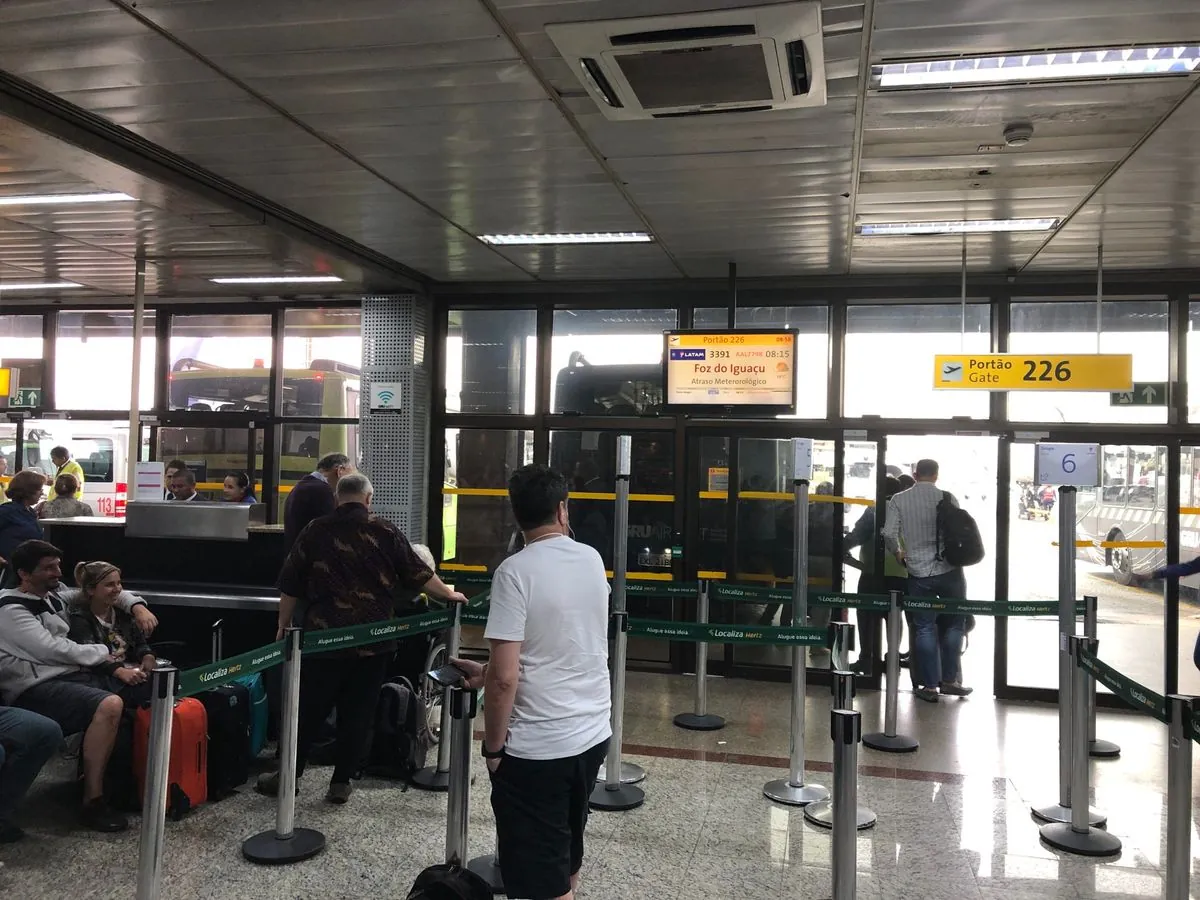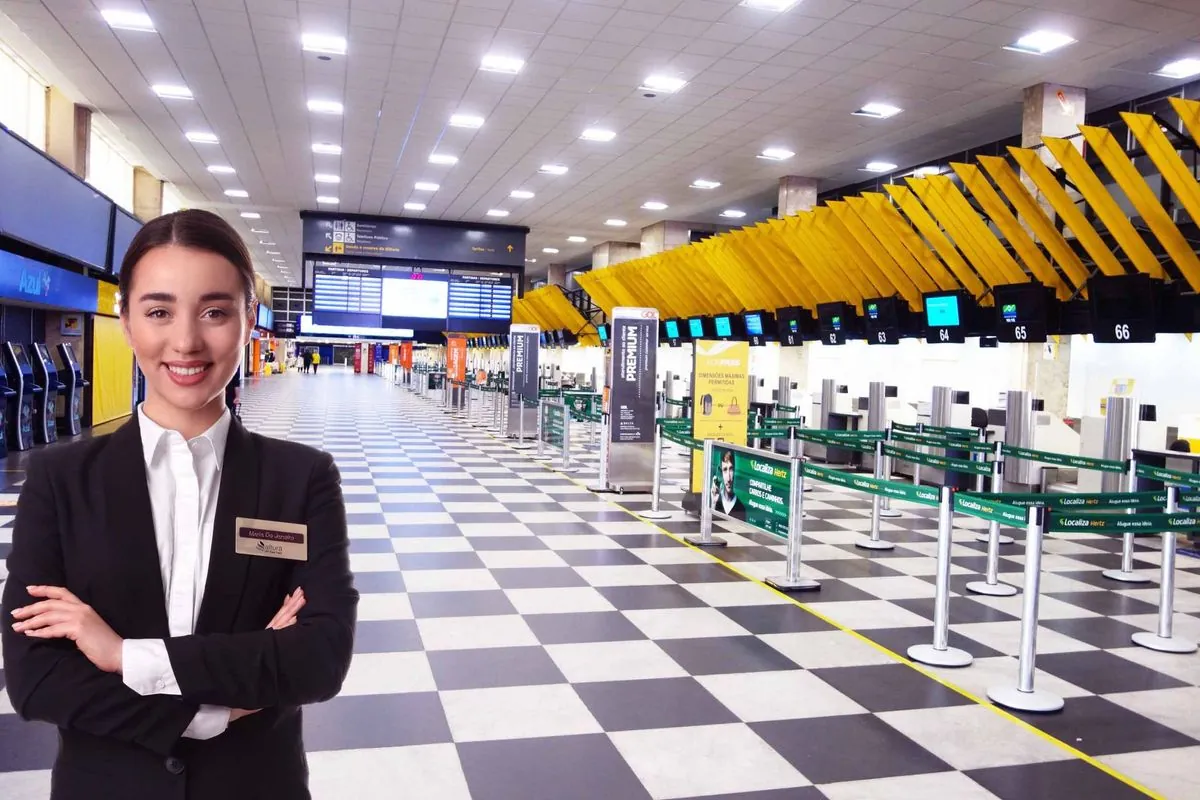Brazil to Tighten Entry Rules for Asian Migrants Seeking Refuge
Brazil plans to restrict entry for certain Asian migrants using the country as a transit point to North America. The new policy, starting next week, aims to address the influx of refuge seekers at Sao Paulo's airport.

Brazil, the largest country in South America, is set to implement new entry restrictions for specific Asian migrants seeking refuge. This measure, scheduled to take effect on Monday, August 26, 2024, targets individuals who require visas to remain in the country.
The Federal Police of Brazil has conducted an investigation revealing a pattern where migrants purchase flights with layovers at Sao Paulo's international airport, intending to use Brazil as a starting point for their journey northward. This airport, known as Guarulhos International Airport, is the busiest in Latin America and has become a focal point for this migration trend.

According to official documents, over 70% of refuge requests at the airport originate from individuals of Indian, Nepalese, or Vietnamese nationalities. This statistic highlights the specific demographic targeted by the new policy.
Under the new regulations, travelers without proper visas will be required to either continue their air journey or return to their country of origin. This decision reflects Brazil's efforts to address the challenges of irregular migration while balancing its commitments as a signatory to the 1951 Refugee Convention and its 1967 Protocol.
Brazil, with its diverse population and history of welcoming immigrants, has long been a destination for various groups. The country boasts the largest Japanese population outside of Japan, showcasing its multicultural fabric. However, as the world's ninth-largest economy by nominal GDP, Brazil has been grappling with the complexities of modern migration patterns.
The Federal Police, responsible for immigration control and border security in Brazil, plays a crucial role in implementing these new measures. Their investigation has been instrumental in shaping this policy response to the observed migration trends.
As a member of the BRICS group of major emerging economies, Brazil's approach to this issue may have broader implications for regional and global migration policies. The country's efforts to modernize its immigration system reflect the ongoing challenges faced by nations worldwide in managing cross-border movement.
This new policy represents a significant shift in Brazil's approach to certain categories of migrants, particularly those from Asian countries. It underscores the delicate balance between maintaining open borders and addressing concerns about irregular migration patterns.
As Brazil moves forward with these changes, the international community will be watching closely to see how this policy impacts migration flows and refugee protection in the region. The effectiveness and humanitarian implications of these measures will likely be subjects of ongoing discussion and analysis in the coming months.


































